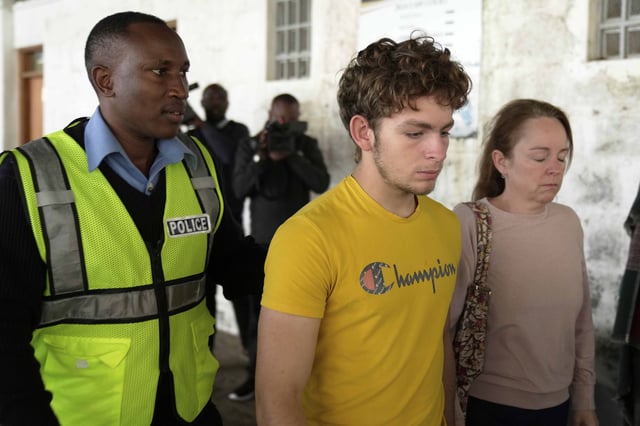Overview
- Kenyan authorities arrested four individuals, including two Belgian teenagers, for trafficking over 5,400 queen giant African harvester ants, valued at up to $1 million in European markets.
- The suspects pleaded guilty and are scheduled for sentencing on May 7, with the court reviewing environmental and psychological assessments before issuing a decision.
- The Kenya Wildlife Service has described the case as a shift in wildlife trafficking trends from large mammals to lesser-known but ecologically critical species, such as insects.
- Queen ants play a vital role in maintaining harvester ant colonies, which are crucial for seed dispersal and ecosystem health in Kenya's Rift Valley.
- Experts estimate that up to 90% of trafficked ants likely die in transit due to disease and poor transport conditions, raising concerns about the sustainability of this illicit trade.



